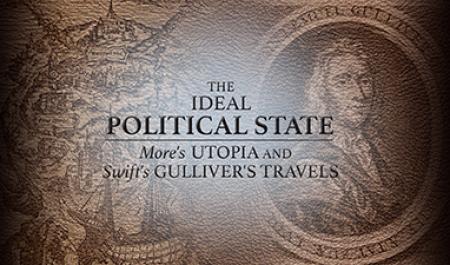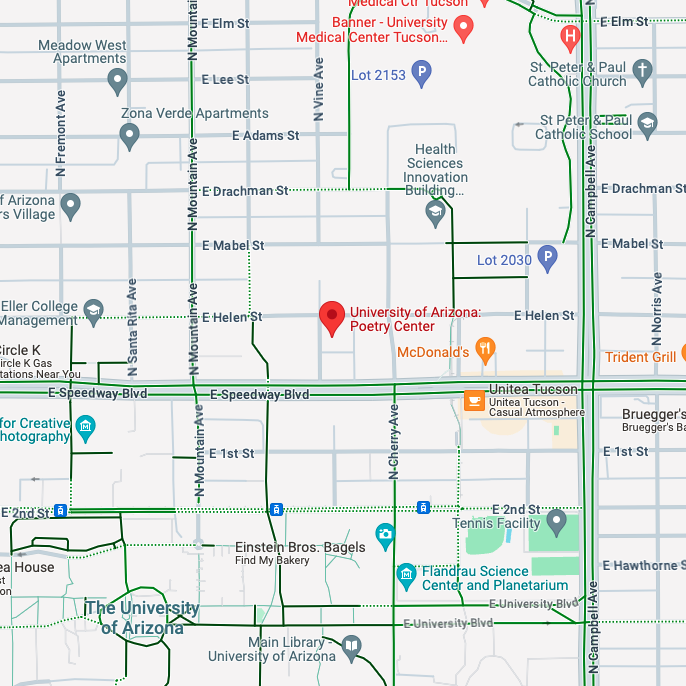This seminar will focus on the ideal political state as it is represented in More’s Utopia (1516) and Swift’s Gulliver’s Travels (1726). There are no incontrovertibly valid answers to the question of what constitutes the ideal state and how it may be realized, and neither Utopia nor Gulliver Travels pretends to advance them. The works are fictional, and the methods are literary—a Platonic dialogue and a prose satire. Each work advances two arguments, one that affirms the ideal political state and the other that rejects its possibility. Neither author endorses one argument over the other. The result is ironic detachment and openness rather than closure. Such openness and irony may not admit of concrete proposals for reform, but they do provide for a searching inquiry into the ideal political state and the capacity of humans achieve it.






